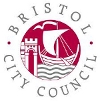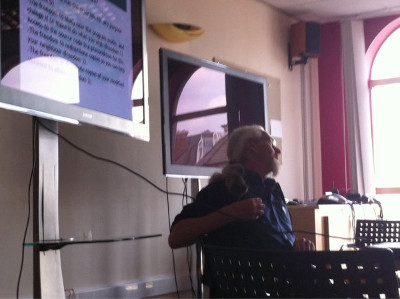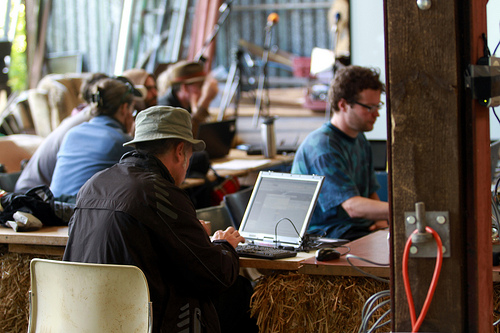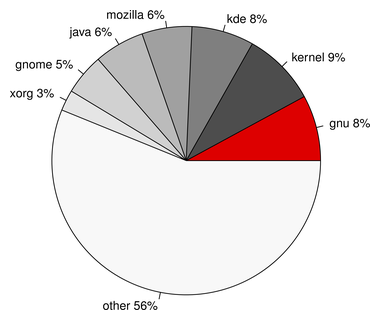Was our prediction of the end of open source at Bristol City Council premature?
 Some time ago, we speculated about the possible end of open source use at Bristol City Council following the decision to replace Star Office with Microsoft Office 2010 (news passim) and allegations of bad behaviour involving one of the council’s suppliers.
Some time ago, we speculated about the possible end of open source use at Bristol City Council following the decision to replace Star Office with Microsoft Office 2010 (news passim) and allegations of bad behaviour involving one of the council’s suppliers.
It now seems these speculations may have been premature in the light of a post today by Mark Ballard in Computer Weekly’s blogs.
Mark interprets the silence of some of the major players involved both inside and outside the Counts Louse as evidence that there is definitely something still happening down there in terms of open source and bearing out council leader Barbara Janke’s words to your correspondent that ‘the commitment to open source remains the same‘.
Furthermore, Mark makes some of the same pertinent points we at Bristol Wireless have been making to both councillors and officers for nigh on a decade, such as:
It doesn’t take a rocket scientist to figure out that if you can get a perfectly decent suite of office software for free, then buying a Microsoft Office suite that retails for £200 is a waste of tax payer’s money; or when you can get a perfectly decent operating system for nothing, then buying an operating system that retails for upwards of £200 is a waste of tax payers money.
Will they have more effect coming from a journalist writing for “the UK’s leading IT publication” than from a bunch of local geeks? Only time will tell.
In the meantime you might like to read Mark Ballard’s original article in full.



 As previously announced, the second run of the Bristol Wiki Academy took place on Monday this week up at the
As previously announced, the second run of the Bristol Wiki Academy took place on Monday this week up at the 
 Following on from its first manifestation (
Following on from its first manifestation ( The CiviCRM blog reports that CiviCRM 3.4.4 and 4.0.4 have just been released and both are available for download. This release offers several important improvements to permissioning, helping to harden systems. The developers recommend an immediate upgrade to benefit from the new release’s improvements. The new releases can also be tried on the public demos:
The CiviCRM blog reports that CiviCRM 3.4.4 and 4.0.4 have just been released and both are available for download. This release offers several important improvements to permissioning, helping to harden systems. The developers recommend an immediate upgrade to benefit from the new release’s improvements. The new releases can also be tried on the public demos: 
 “Users have the right to decide for themselves which software they want to run on their computers. If AVM, or any other company, does not want to adhere to the GNU General Public License, they should not use GPL-licensed software,” says Matthias Kirschner, FSFE’s co-ordinator for Germany.
“Users have the right to decide for themselves which software they want to run on their computers. If AVM, or any other company, does not want to adhere to the GNU General Public License, they should not use GPL-licensed software,” says Matthias Kirschner, FSFE’s co-ordinator for Germany.





 Public internet access in libraries is a well established service nowadays. Indeed it’s been in existence here in Bristol for so long that one hardly ever gives it a thought. However, the other day Jules, the Bristol Wireless Treasurer, emailed the chief scribe with a tale from
Public internet access in libraries is a well established service nowadays. Indeed it’s been in existence here in Bristol for so long that one hardly ever gives it a thought. However, the other day Jules, the Bristol Wireless Treasurer, emailed the chief scribe with a tale from 